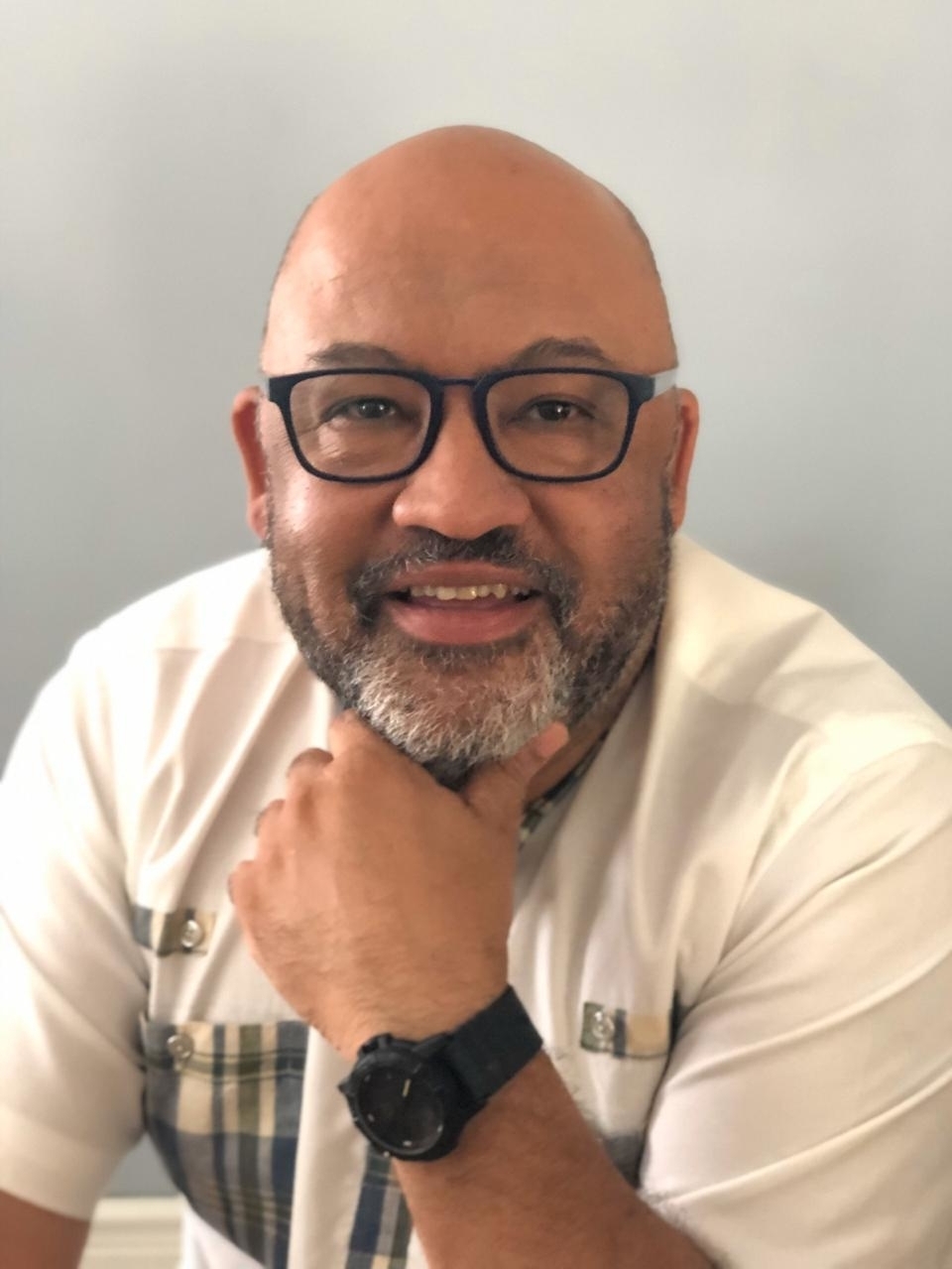
CABRI’s founder and long-serving Executive Secretary is leaving at the end of June 2022 to pursue a new role and contribute to public financial governance in Africa. He had the following reflections of his more than 16-year association with CABRI.
During my time at CABRI, I have had the immense privilege of working with peers from many parts of the African continent and elsewhere. Peers that have become lifelong friends.
Reflecting on the past 16 years, some of my fondest memories, amongst many, are:
- The days spent shaping the various aspects of how a network of senior budget managers would function and the impact such a network could have on Public Financial Management (PFM) in Africa. I will forever be grateful to the sterling contribution to CABRI’s formation by: Kubai Khasiane, Jose Sulemane, Khadi Ndao Diagne, Anil Kumar Kokil, Lesley Fisher, John Rwangombwa, Florence Kuteesa, Kwabena Adjei-Mensa, and Abdoulayi Touré. It was their leadership and knowledge of “what works, when and how” that shaped CABRI’s values, theory of change and approach.
- The second CABRI annual seminar in 2005, hosted in the vibrant city of Maputo. While the delicious seafood and good music of Maputo brought me back for several subsequent visits, I often refer to a seminal paper delivered at the seminar on the need to regionalize public finances – a theme that many will revisit as we deepen intra-African trade through the removal of non-tariff barriers. Maputo was also the location of the official launch of CABRI during the Annual Meetings of the African Development Bank (AfDB) in 2008. I am grateful to former AfDB President Donald Kaberuka for his leadership and for championing the formation of CABRI, alongside former finance ministers Trevor Manuel (SA), Timothy Thahane (Lesotho), James Musoni (Rwanda), Sufian Ahmed (Ethiopia), and several other prominent African leaders.
- The 2008 CABRI annual seminar in Accra that coincided with the celebration of Ghana’s 50th anniversary of its independence from colonial rule. The streets of Accra were lined with Ghanaian flags proudly brandishing the black star. I am forever grateful that I had an opportunity to meet the late Ghanaian finance minister Kwadwo Baah-Wiredu (MHSRIP).
- The 2009 seminar held in Dakar, as South Africa was preparing to host the 2010 FIFA World Cup. For obvious reasons, public finances were mixed with football analogies and lots of banter between supporters of the Black Stars, Elephants, Bafana Bafana, and Super Eagles. Many of my CABRI colleagues and those countries that have participated in our Building Public Finance Capabilities (BPFC) programme will know that I still use many football analogies when speaking about PFM capabilities.
- CABRI becoming a truly African institution. Conferences were held in African cities that many of my CABRI colleagues and I were visiting for the very first time – Kigali, Ouagadougou, Dakar (Gorée), Nairobi, Addis Ababa, Tunisia, and Port Louis. Policy Dialogues, training workshops, progress reviews, and meetings with country-teams also took place in: Abidjan, Bamako, Dar es Salaam, Banjul, Marrakesh, Bangui, Libreville, Maseru, and Kampala.
- Celebrating my birthday at a restaurant overlooking the Bangui River that separates the Central African Republic (CAR) from the Democratic Republic of Congo, following a meeting between the country-team and their BPFC coach. Taking into account the political and administrative context of CAR, it is my firm belief that the Problem Driven Iterative Adaptation (PDIA) approach used in our BPFC programme is best suited to tackle the complexities of PFM reform in Africa.
- Just before the COVID-19 lockdown restrictions in early 2020, collaborating with the Budget Office of the Federation of Nigeria in organizing a training workshop for close to 100 members of the National Assembly in Lagos. This was our biggest in-country event and a sign of the maturing capability of CABRI in terms of content, events management, and marketing.
- The many memories collectively formed with the Secretariat staff will always remain close to my heart. It was a privilege to have worked with a team that consistently delivered way beyond expectation. I am confident that they will continue to do so.
In my new role, I look forward to continuing engagements and partnerships with prominent changemakers on the African continent. My contribution to the development of the continent will remain as steadfast as ever, especially in public finances.
I wish the current Management Committee – Bakary Coulibaly, Ben Akabueze, Rehemah Namutebi, Rodrigue Chaou, Samuel Kiiru and Sheila Thipe – all the best in leading CABRI into its next iteration.
Neil Cole
The staff of the CABRI Secretariat express the utmost appreciation to the outgoing Executive Secretary for his leadership, and for having led CABRI with integrity and selfless commitment.